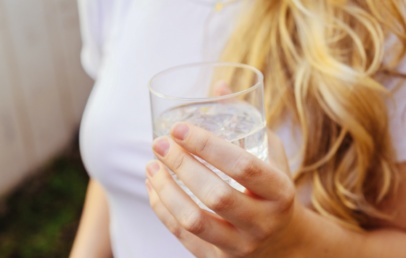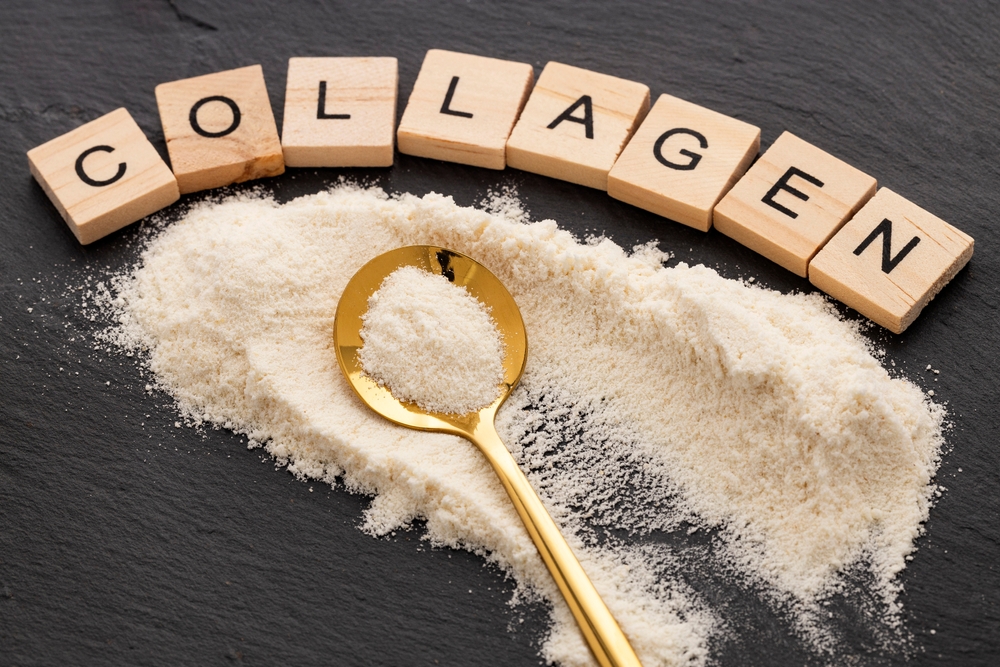
Collagen is the scaffolding of your body; it keeps everything together, including joints, hair, nails, and skin bouncy. The catch is that your body begins to produce around 1% less collagen annually after you reach your mid-20s. By your forties, you might experience joint pain, sagging skin, fine lines, or slower hair growth.
Even though collagen supplements are widely used, there are already amazing foods in nature that will increase the amount of collagen in your food. These either directly provide collagen to your body or encourage it to produce more. This is your go-to list, complete with benefits supported by science and advice on how to maximize each food.
1. Bone Broth
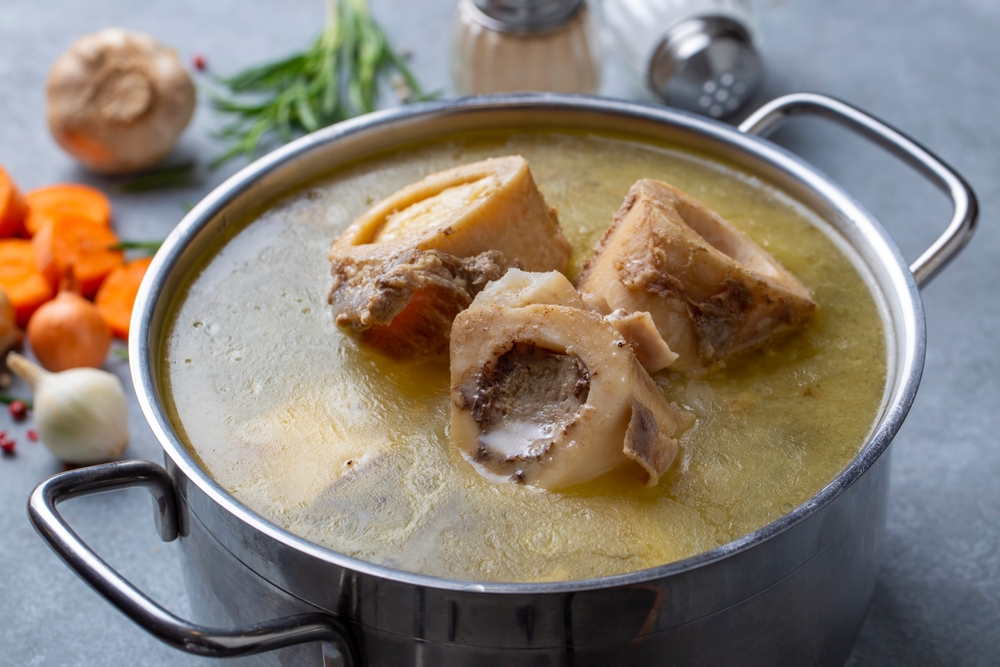
One of the most direct natural sources of collagen is bone broth, which is prepared by simmering animal bones for several hours. Collagen, gelatin, and minerals like calcium and magnesium are released into the broth during the slow cooking process. This gives your body the amino acids, like proline and glycine, that it needs to keep your joints healthy and your skin firm and young. You can use it as a tasty base for soups and stews or drink it warm as a nutrient-rich beverage.
2. Salmon
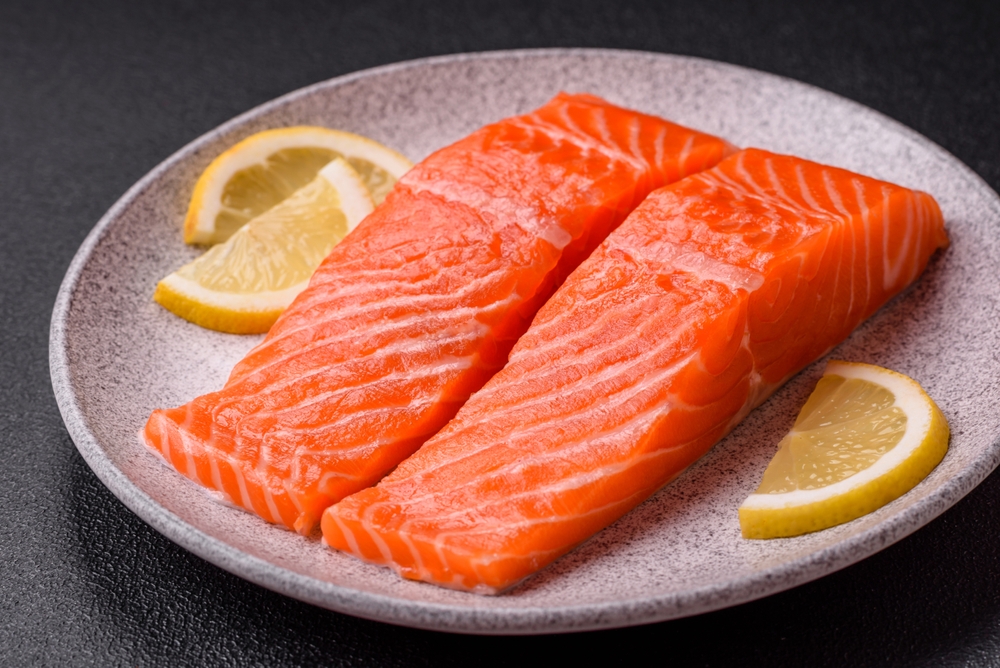
Salmon’s high omega-3 fatty acid content, which supports the lipid barrier of the skin and lowers inflammation, makes it a fish that loves the skin. In order to avoid wrinkles too soon, this barrier helps maintain collagen fibers and keeps moisture in. Salmon contains selenium, a mineral that supports antioxidant defense systems, in addition to omega-3 fatty acids. To protect salmon’s delicate fats, bake or grill it with lemon and herbs for optimal benefits.
3. Egg Whites
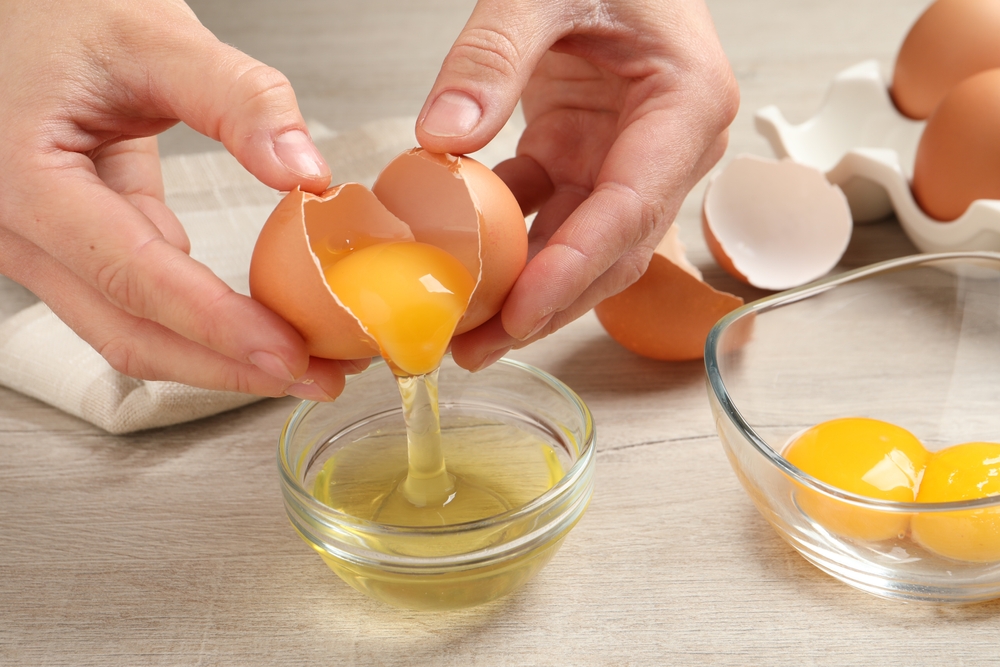
Proline, an amino acid necessary for the synthesis of collagen, is abundant in egg whites. Additionally, they contain high-quality protein, which gives your skin and connective tissues the building blocks they need to remain firm. For an additional protein boost without the added fat or cholesterol from the yolk, you can add them to omelets, scrambles, or even smoothies.
4. Citrus Fruits
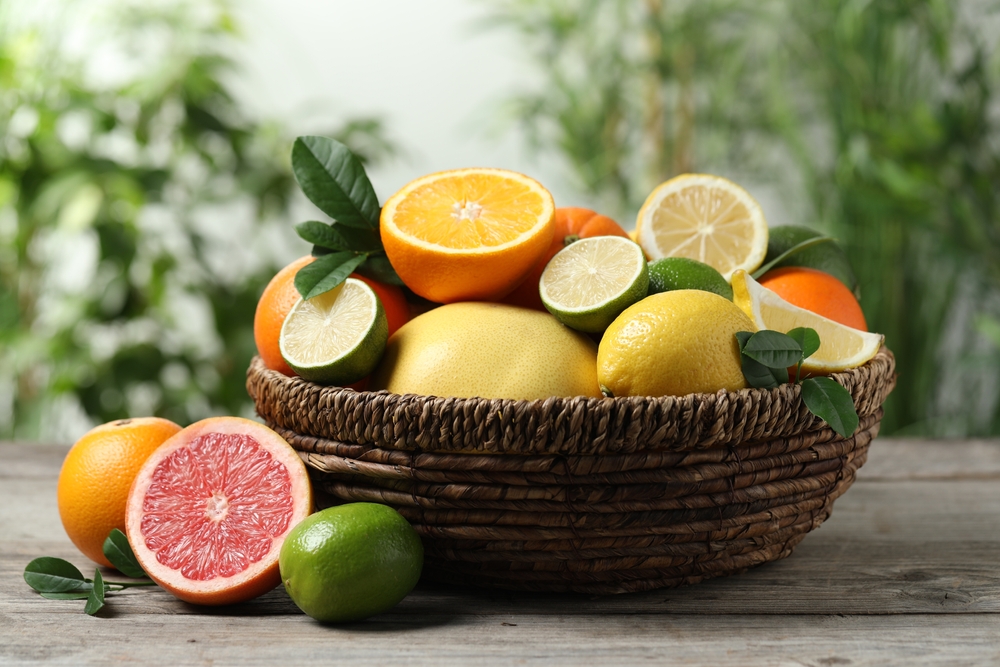
Vitamin C, which is abundant in citrus fruits like oranges, lemons, limes, and grapefruits, is essential for binding collagen fibers together to give them strength and resilience. Collagen deteriorates and production slows down when vitamin C levels are low. You can easily meet your daily vitamin C needs by adding orange slices to your salads or by starting your day with fresh lemon water.
5. Berries
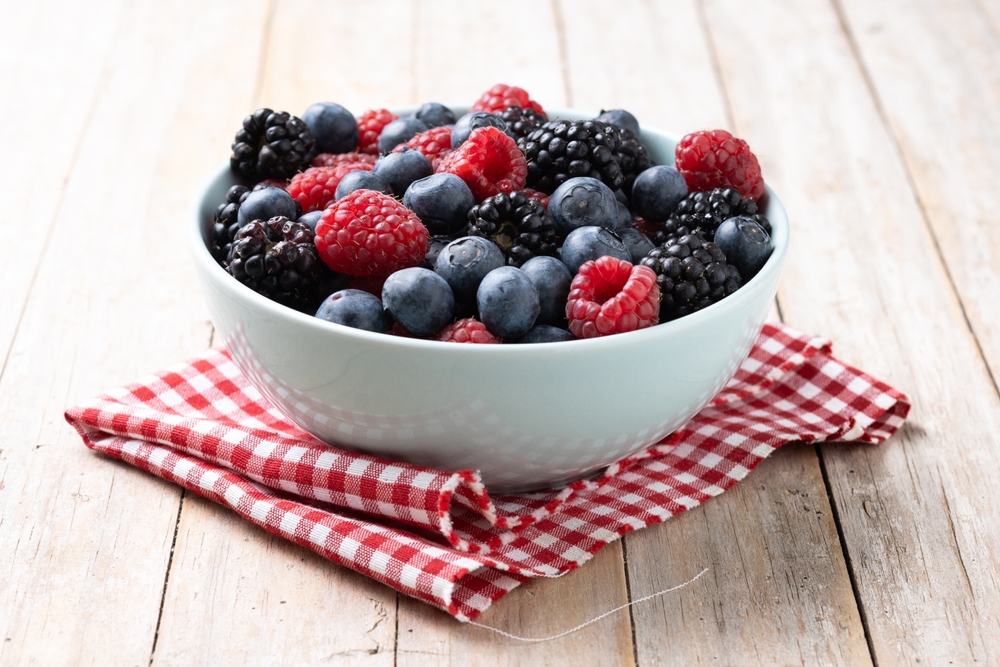
When it comes to skin health, berries—particularly raspberries, blueberries, and strawberries—are tiny but powerful. They are rich in vitamin C and antioxidants like ellagic acid, which shield collagen from environmental stressors and UV radiation. Try adding them to yogurt, freezing them for a cool snack, or blending them into a smoothie.
6. Leafy Greens
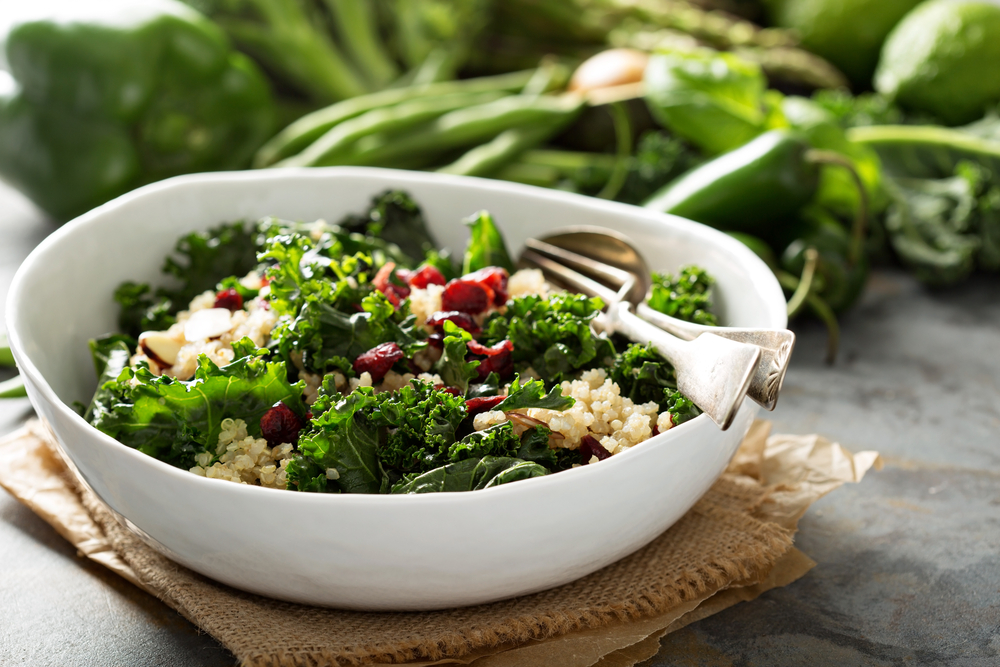
Chlorophyll, a plant pigment found in leafy greens like spinach, kale, and Swiss chard, may boost the skin’s precursor to collagen, according to some research. Additionally, they offer magnesium and vitamin K, both of which support healthy skin. For a daily collagen boost, mix a handful into green smoothies, add to salads, or stir into soups.
7. Garlic
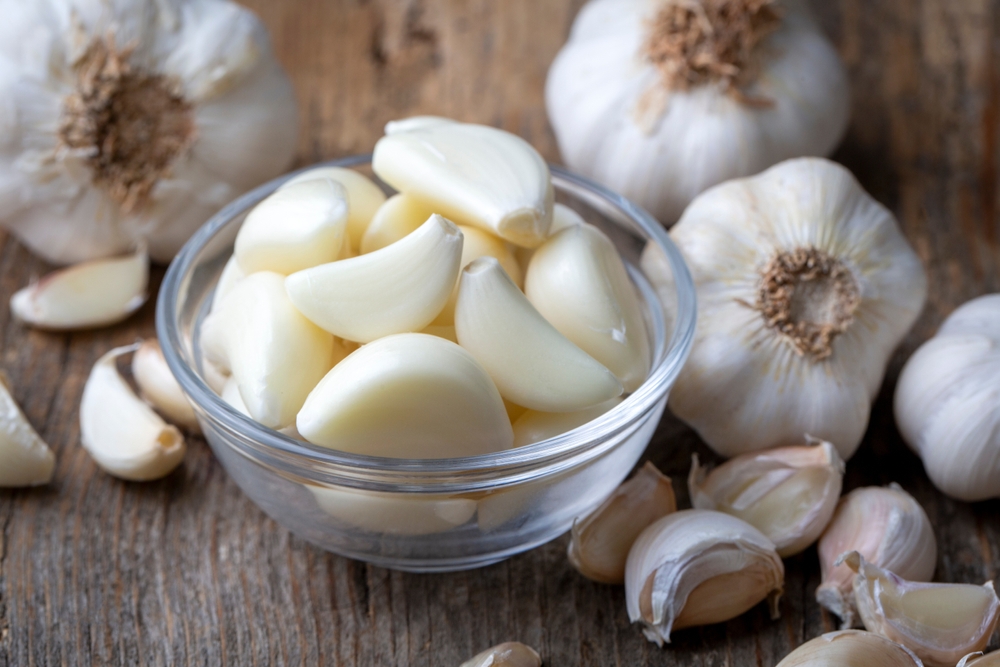
Sulfur, a mineral found in garlic, helps collagen rebuild and stops it from breaking down. Additionally, it contains trace amounts of lipoic acid and taurine, which aid in the repair of damaged collagen fibers. Garlic can be chopped raw and added to dips or dressings for optimal effects, or it can be cooked gently to retain its healthful compounds.
8. Chicken
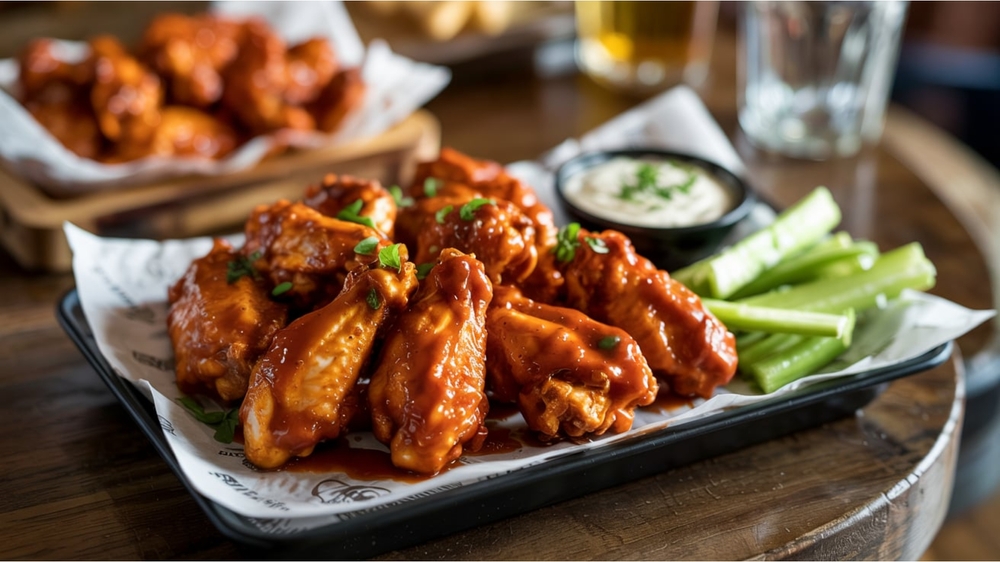
Since chicken’s skin and cartilage are naturally high in collagen, many collagen supplements are made from it. When you roast or grill chicken with the skin on, you can give your body direct collagen. For an added boost of nutrients that are good for your skin, you can also use leftover chicken bones to make a healthy bone broth.
9. Avocado
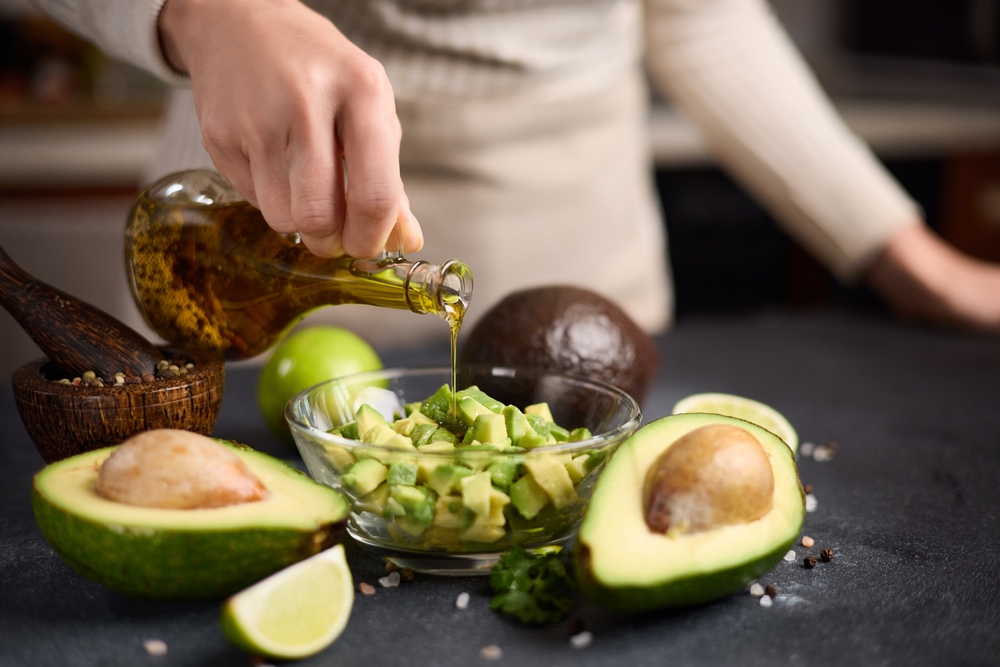
Rich in vitamin E, which helps shield collagen fibers from oxidative damage, avocados are a beauty food in every way. Along with lutein for skin and eye health, it also contains good monounsaturated fats that keep skin supple and soft. For a creamy texture and nutritional boost, try avocado mashed on toast, blended into smoothies, or chopped into salads.
10. Nuts and Seeds
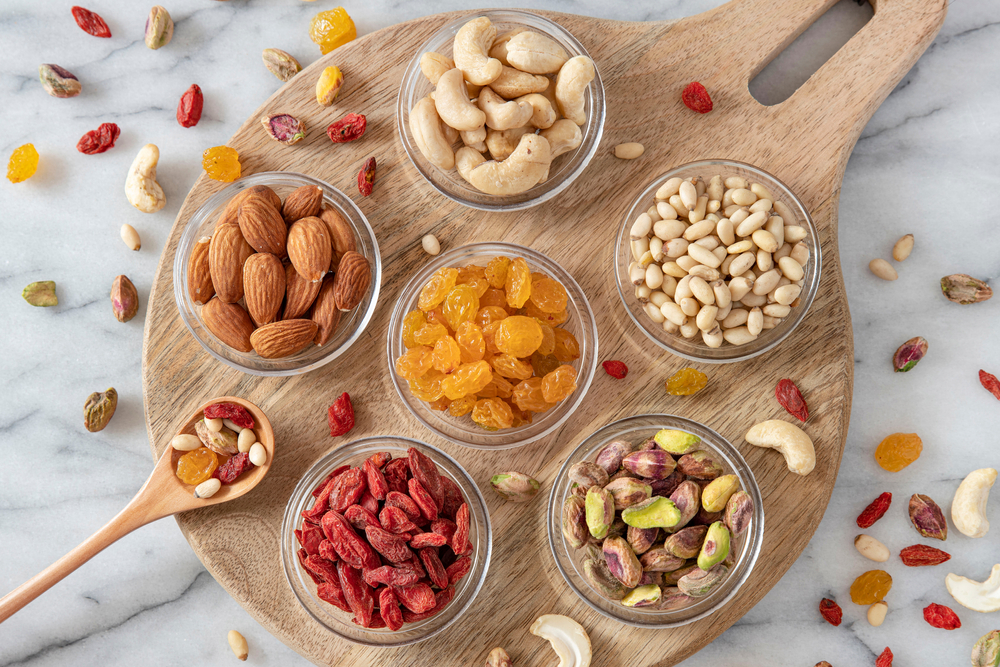
Copper and zinc, which are necessary for the proper operation of enzymes that produce collagen, are found in nuts and seeds, particularly in almonds, cashews, and pumpkin seeds. Additionally, they supply vitamin E, which shields skin from damage caused by free radicals. For added crunch and nutrition, sprinkle mixed nuts and seeds over salads and oatmeal, or keep a small jar on hand for snacking.
11. Tomatoes
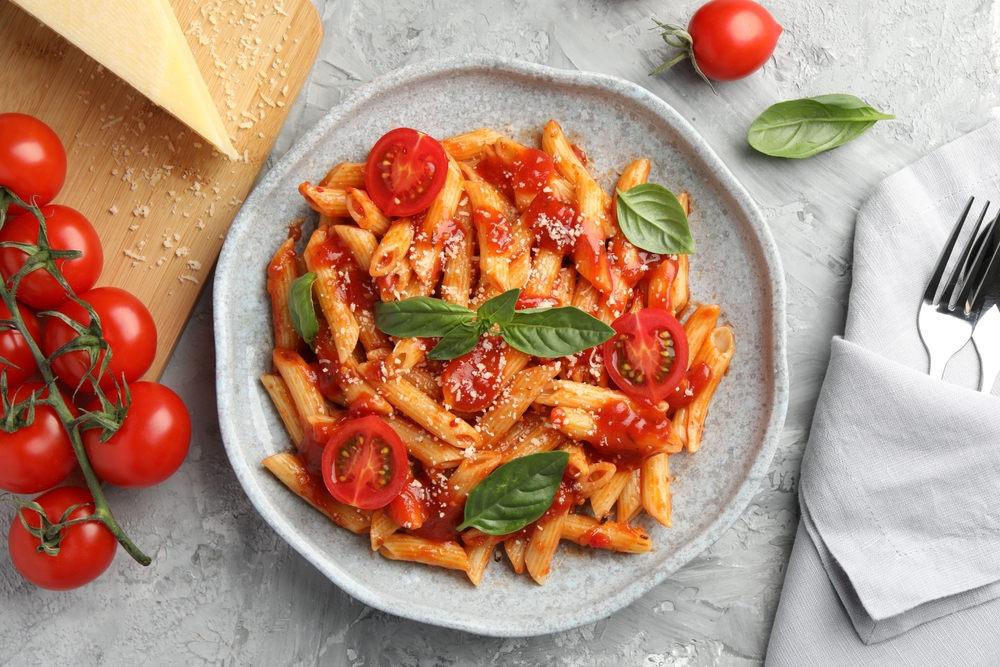
Lycopene, a plant compound that functions as a natural sunscreen by preventing UV damage that degrades collagen, is abundant in tomatoes. For the synthesis of collagen, they also supply vitamin C. Enjoy tomatoes in soups, sauces, or roasted foods because cooking them increases the bioavailability of lycopene.
12. Shellfish
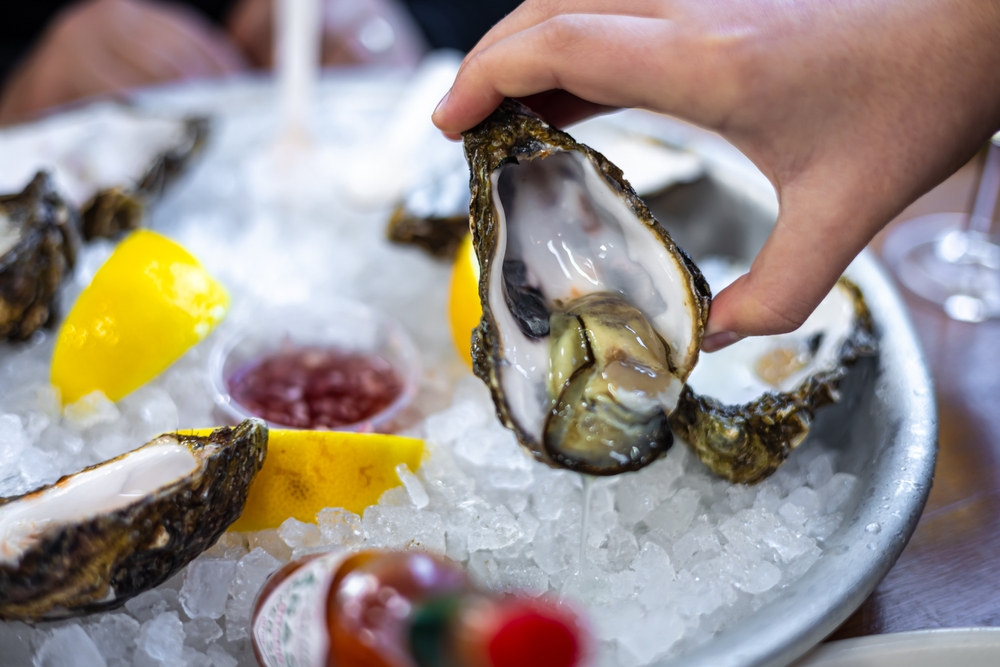
Zinc, which is abundant in shellfish like oysters, crab, and shrimp, activates the proteins required to make collagen. Copper and omega-3 fatty acids, which support healthy skin, are also present in them. Delicious ways to get these minerals that support collagen include grilled oysters, steamed shrimp, or crab meat in salads.
13. Carrots
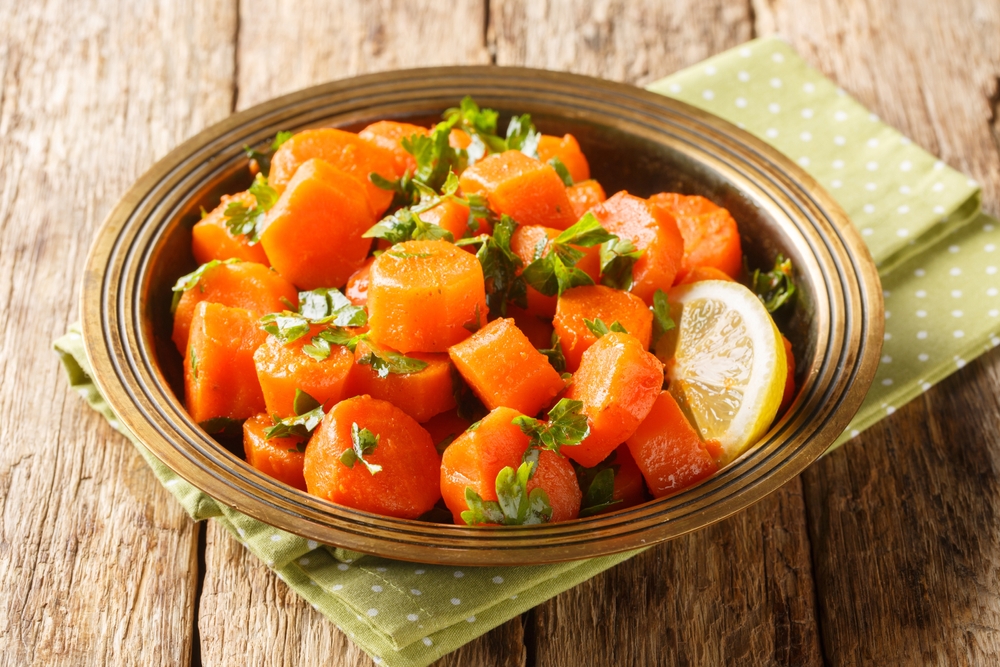
The body uses beta-carotene, which is abundant in carrots, to produce vitamin A. Vitamin A is essential for collagen production enzyme support and skin tissue repair. Carrots can be roasted with olive oil to enhance their inherent sweetness or eaten raw with hummus for a crunchy snack.
14. Green Tea
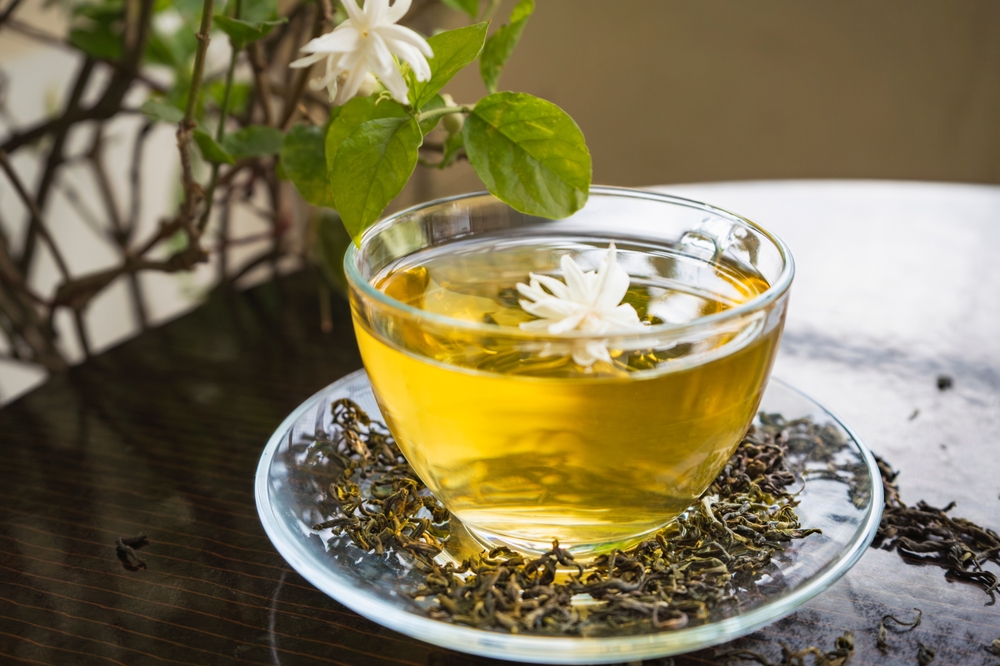
Catechins, particularly EGCG, which are strong antioxidants that combat free radicals and slow down the breakdown of collagen, are abundant in green tea. Green tea consumption on a regular basis can also support the preservation of skin suppleness. Enjoy it hot or iced after brewing it fresh, but don’t add too much sugar to negate its health benefits.
15. Papaya
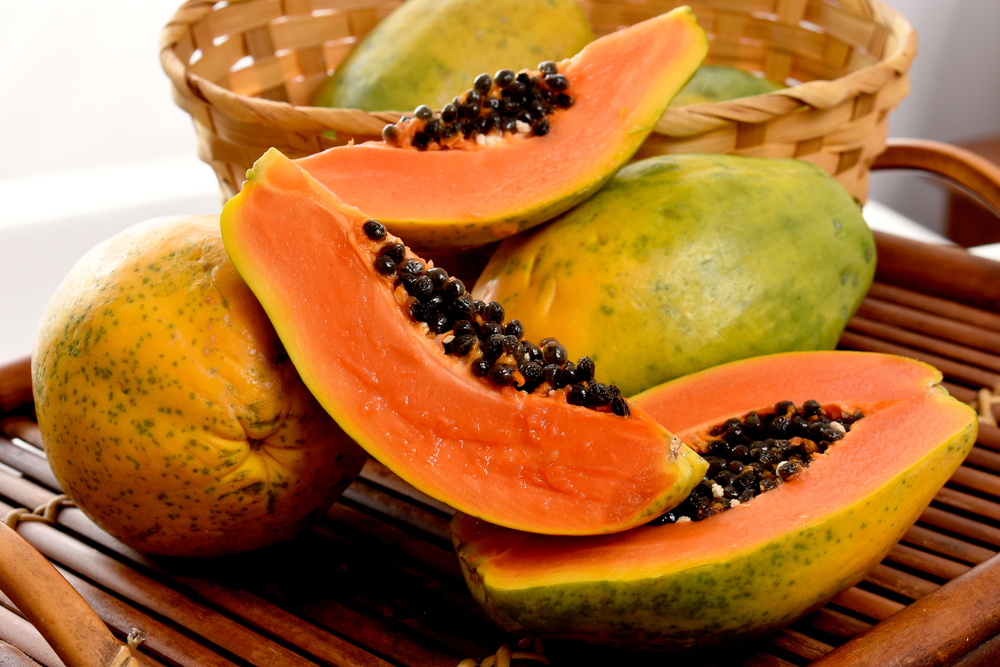
The tropical fruit papaya contains vitamin C, antioxidants, and the enzyme papain, which promotes collagen health and aids in skin renewal. Additionally, it has anti-inflammatory qualities that can lessen irritation and puffiness. Papaya can be added to fruit salads, blended into smoothies, or eaten raw for a sweet, skin-friendly treat.
To improve absorption, combine foods high in collagen with those high in vitamin C. For a double dose of skin benefits, try serving salmon with a tomato and citrus salad or sprinkling lemon juice on avocado toast.
Incorporating these collagen-rich foods into your diet on a regular basis not only nourishes your body but also makes an investment in the long-term well-being and aesthetic appeal of your joints, skin, hair, and nails. A tiny step toward maintaining that youthful glow for decades to come can be taken with each bite.



